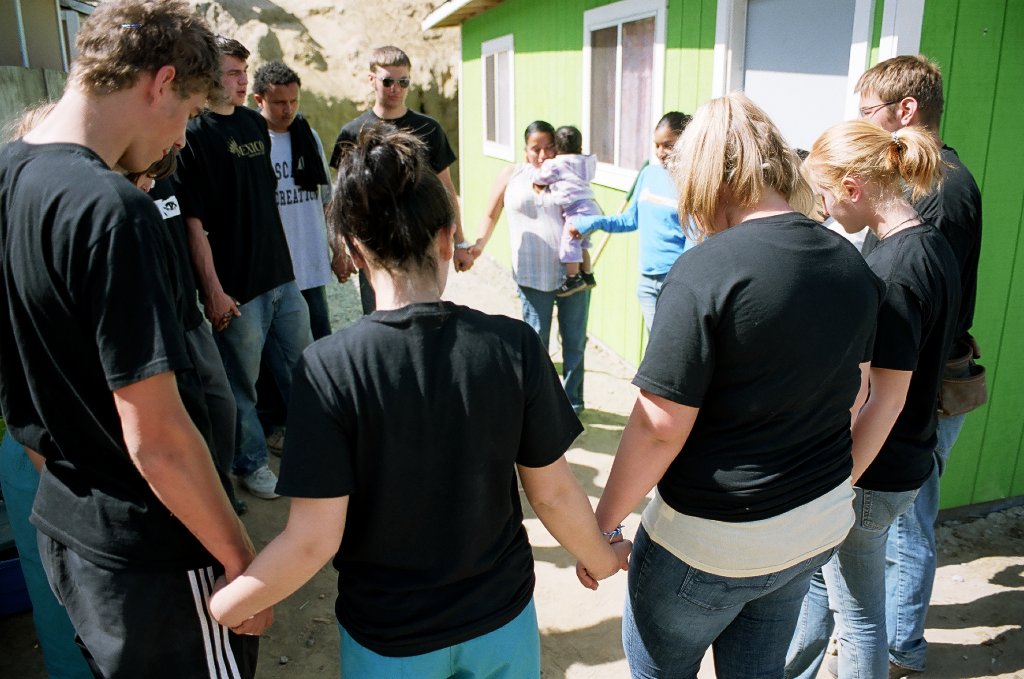Last year, Doxa’s board underwent several months of working on a strategic plan. A comprehensive process that included assessing the vision, mission, strengths, weaknesses, and operational goals of the organization. Looking back at 30 years of history and commitment to Tijuana, it was so insightful to take some intentional time to reflect and prayerfully consider all these aspects of Doxa. Truly more than just groups building wood houses on spring break.
Going through this reflective process highlighted the areas where we could’ve done better and where things were clicking on all cylinders. One of the takeaways was that we didn’t have any stated organizational values (even though we had been living out many of the same values for years). The board decided to intentionally state Doxa’s values and incorporate them into our organizational language.
Values are incredibly important as they shape how we carry out Doxa’s operations. In missions, and just about all other work, the “how” actually matters more than that we simply do something. Anything worth doing is worth doing well, and nailing the execution is what ultimately results in greater impact. It’s not that Doxa facilitates house building that makes it great, it is the process that has been developed over 30 years that sets it apart and results in consistent life-changing impact. The same goes for Doxa’s education and community programs.
Sometimes arriving at the correct “how” is a process of trial and error, but it is worth it. It’s not always clean and orderly. As we like to say, missions is messy. Doxa hasn’t always gotten it right and continues to have areas of improvement, but the dedication is there to journey along together and actively listen to the Holy Spirit for guidance.
Doxa has five values, which are core to everything we do. We believe in:
- Commitment to people, communities, and places
- Collaboration with local organizations
- Glorifying God
- Transformation through service
- Empowering young people
Being an organization that exists at the intersection of different cultures, it is important that we can apply these values to every stakeholder that comes into contact with Doxa. Whether it’s a house building volunteer from Illinois, a middle school girl from Tijuana, or a youth pastor in Washington. These values are weaved into everything we do.
Over the next five issues of the Doxa Download, we’ll unpack these values and see how they apply to Doxa’s daily operations and partnerships.
